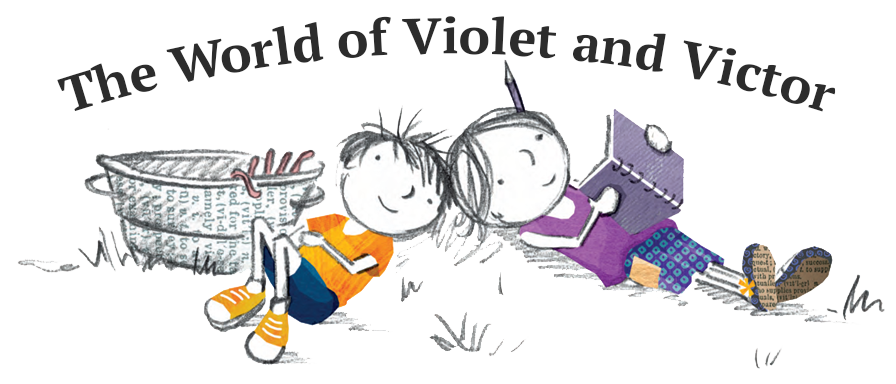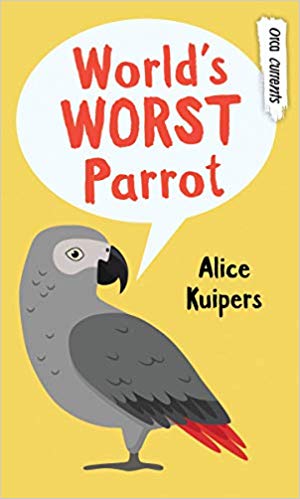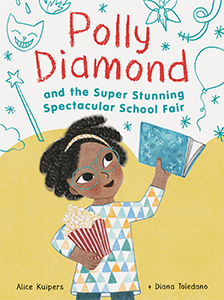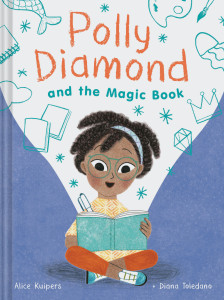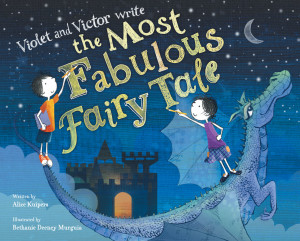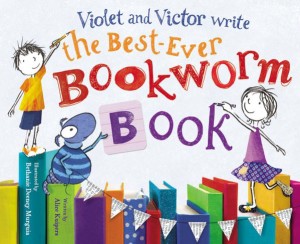Workshop Fourteen
The nitty-gritty of writing dialogue comes down to punctuation and effective speech tagging. Please don’t think this is boring, it really doesn’t have to be. It’s an essential tool for you as a writer. If the idea of grammar has you rolling your eyes, remind yourself that if you were an athlete, you’d be expected to do sit ups, and if you were a chef you’d have to chop onions. Likewise, as a writer, it’s your responsibility to perfect your written dialogue.
By the way, MANY WRITERS GET THIS WRONG. It must drive editors crazy because so many good, talented writers haven’t taught themselves the art of good grammar in written speech. Trust me, your writing will shine if you make the time to teach yourself how to write dialogue.
So here goes:
These are correct:
“It’s because I love you,” she said.
She said, “It’s because I love you.”
These are ALL incorrect:
“It’s because I love you.” She said. [That first period should be a comma. That capital S of She shouldn’t be capitalized.]
“It’s because I love you”. she said. [The period is just plain wrong here.]
“It’s because I love you,” She said. [The capitalization of She is incorrect.]
“it’s because I love you,” she said. [The opening word in quotation marks should be capitalized, unless the speech is interrupted.]
This is the correct way to write interrupted speech: “It’s because,” she said, “it’s because I love you.”
“It’s because I love you,” she grinned. [This mistake is very common. Words such as grinned, nodded, laughed, shrugged are NOT speech verbs and so can’t be used in place of said.]
The punctuation of that line should read: “It’s because I love you.” She grinned.
Using speech verbs requires care. Words like gasped, murmured, screamed, yelled, argued, agreed, squalled, squawked, whispered, explained, admonished, questioned, cried, yodeled, and so on, tend to get in a reader’s way. If your dialogue is strong enough, the tag he said/she said is normally enough for a reader. The words within the quotation marks should show us what the character is saying. The speech tag shouldn’t have to tell us.
I know all this seems nitpicky, but it actually HELPS you as a writer to write speech well. Speech reveals your characters’ character, propels your story and transports your reader into the scene.
There are terrific books on grammar if you want to work harder on this (I read grammar books for fun, such as Eats, Shoots & Leaves by Lynne Truss, but I’m a pretty geeky writer deep down).
For today we’re going to move onto the writing prompt.
This week’s writing prompt:
Two strangers start to argue on the street. Write the dialogue of their argument, up to 250 words, with perfect punctuation! Think about keeping the voices distinct and using moments where things are not said to convey emotion, as we’ve been looking at over the last few weeks.

